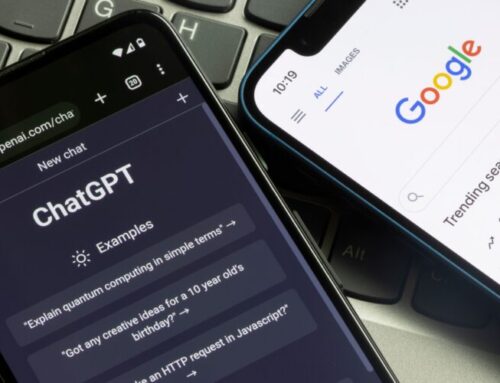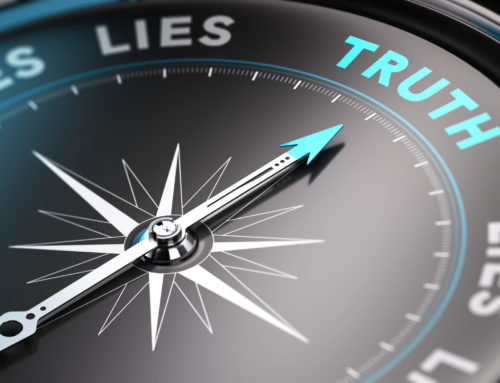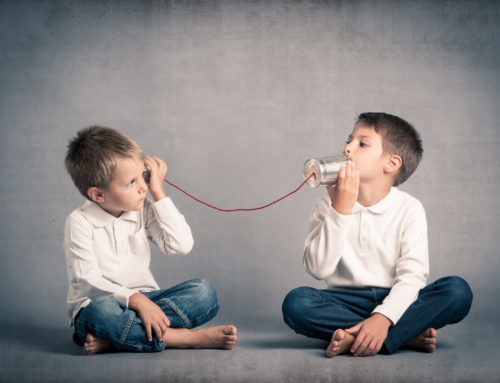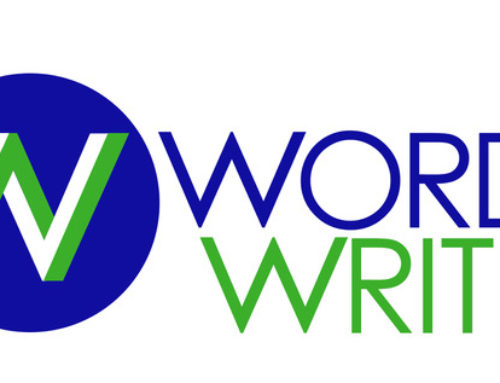Here at Scott Public Relations we strongly believe that knowledge is power, and social media is quickly becoming the prominent method of sharing that knowledge with others so today we’re sharing a blog post from fellow PRBI member Bridge Global Strategies, based in New York City.
Four Lessons in Social Media from the Olympics
Bridge Global Strategies, Jacob Seal
August 13, 2012
The International Olympic Committee (IOC) announced this week that social media is driving the biggest viewership of the Olympics in history, giving credence to the techies and social media flacks that have dubbed this year’s games as “The Social Games.” According to the IOC, there have been more than twice as many hours of online streaming of the events as television hours (estimated at 100,000), and a 29% increase in teenage viewership (54% increase for teenage girls) compared to the Beijing Olympics. While many marketing gurus may shrug at these stats and say they simply point to the obvious—that social media is now a seamless part of our societal fabric—a closer look at some of the ways this powerful vehicle is being used in the Olympics offers some key lessons for businesses at all stages of their social media journey.
Over the past few weeks, the world has witnessed the good, the bad and the downright ugly of social media, from bitter Twitter wars between athletes, fans and organizers to ingenious Facebook campaigns that helped brands forge deeper relationships with audiences. Here is a list of our top four lessons that marketing communications professionals can learn from the Social Games.
1. Think Before You Tweet
That’s right, some people still need to be reminded of this golden rule, as shown by two Olympic athletes who violated it in the first degree: Paraskevi Papachristou and Michel Morganella. Papachristou, a triple jumper from Greece, didn’t even make it to London. She was barred from participating for a Tweet prior to the games that disparaged Africans in Greece. As for Morganella, a soccer player from Switzerland, he received his Olympic pink slip after posting racist comments about South Koreans following his team’s defeat to the South Koreans.
Even a completely well-intentioned message can cause embarrassment when facts are not checked before hitting send (see Hugh Jackman’s misnaming of the Sydney Opera House). Double-checking your messages for grammar and syntax also fall under this rule—just ask Sarah Palin.
The moral is that your brand and reputation are reflected in what you say and how you say it. This is particularly important to remember when using social media, because the very same characteristics that make social media an effective form of communication—immediacy, spontaneity and community—also heighten risks and call for extreme diligence.
2. Monitor Social Media for Stakeholder Conflicts and Opportunities
Social media affords organizations the ability to monitor stakeholder opinion in unprecedented fashion. The Olympics offered two examples of how social media can be a critical feedback tool. The first occurred when NBC was subjected to a massive Twitter attack by sports fans outraged that the network was delaying coverage of major events for primetime. While NBC stuck to its schedule, the company appeared to at least acknowledge the criticism when it decided to begin reporting real-time updates from the games on its Twitter feed and network website.
In the other example, people who weren’t able to get tickets to major Olympics events became irate when they learned that a large number of seats were unused. When these fans lashed out on Twitter, the Olympics organizers publicly addressed this imbroglio by distributing tickets to students and the military.
Public smearing of businesses on Twitter is not an everyday occurrence, but corporate monitoring of social media is beneficial not only for conflict resolution, but also for identifying new opportunities for engagement.
3. Make Your Social Media Platforms an Experience, Not Just a Medium
P&G’s Olympics “Thank you, Mom” (or “Mum”) multi-channel marketing campaign launched globally.
Social media platforms have evolved so rapidly with new features and capabilities that even trend-setters are struggling to keep up with the change. In today’s world of ubiquitous connectivity, it is critical for businesses to have a holistic approach to social media, integrating across multiple platforms to create a total experience for their audiences.
At the Olympics, a number of major brands demonstrated how to do this right. Visa, for instance, launched a campaign called “Go World.” Fans were encouraged to post cheers for their favorite athletes in the form of comments, photographs and video clips on Visa’s Facebook page, and to voice their support on Twitter. As part of the campaign, Visa also leveraged television advertising and its YouTube channel. Coca-Cola, McDonalds and Samsung also launched multi-platform campaigns with a strong dose of social media to engage their audiences around the Olympics.
4. Swallow Your Pride During Conflict to Sustain Stakeholder Loyalty
Perhaps one of the most remarkable examples of how social media forged deeper relationships during the Olympics comes from an unlikely source: defeat. After Paula Findlay apologized to Canadians for finishing in last place of the women’s triathlon race, she said her e-mail and Twitter account exploded with people telling her she had no reason to be sorry.
In athletics, as well as in business, pride can be both productive and destructive. When things are going well, pride is often credited as being the impetus, and when things are going badly, pride is often seen as a sign of pigheadedness. Put another way, successful conflict management requires the ability to swallow your pride and address the issues in question with your stakeholders in a candid and concerned manner.
Like what you’ve read? Interested in healthcare PR, technology PR or insurance PR? Like us on Facebook (A PRBI Member), follow Scott Public Relations on Twitter and sign up for the Einsight RSS feed!





Thanks for your great information, the contents are quiet interesting.I will be waiting for your next post.
I cannot thank you enough for the blog article.Really thank you! Want more.
I just like the valuable information you provide to your articles. I will bookmark your weblog and check again right here frequently. I am rather sure I will be told plenty of new stuff right right here! Good luck for the next!